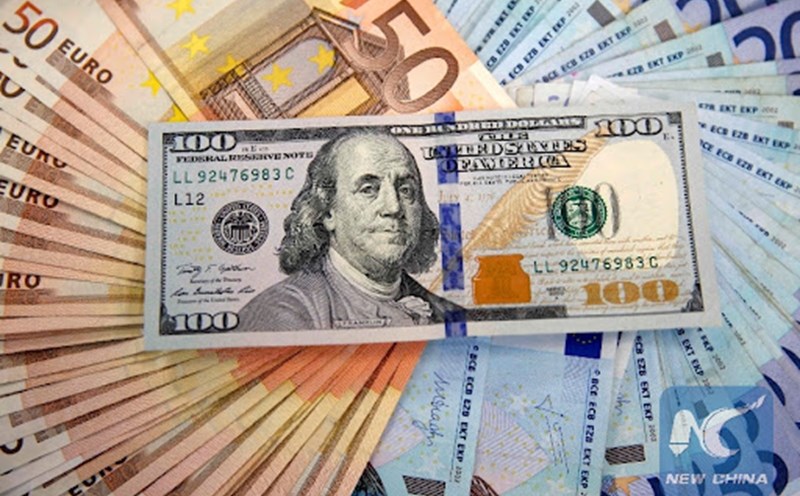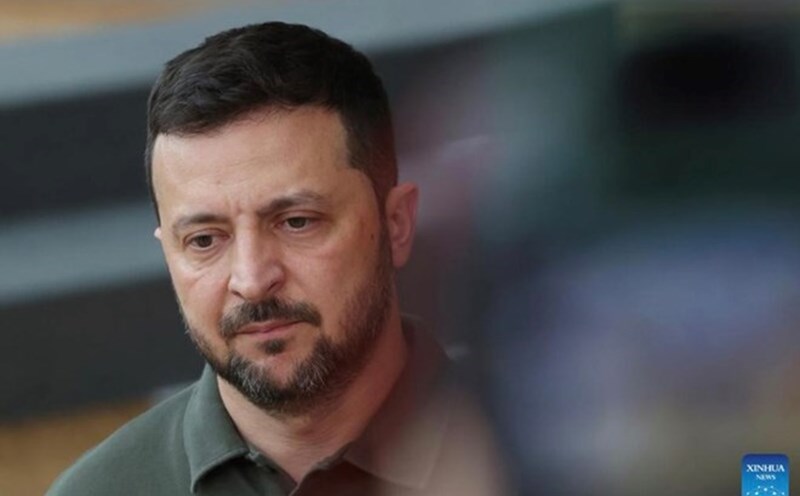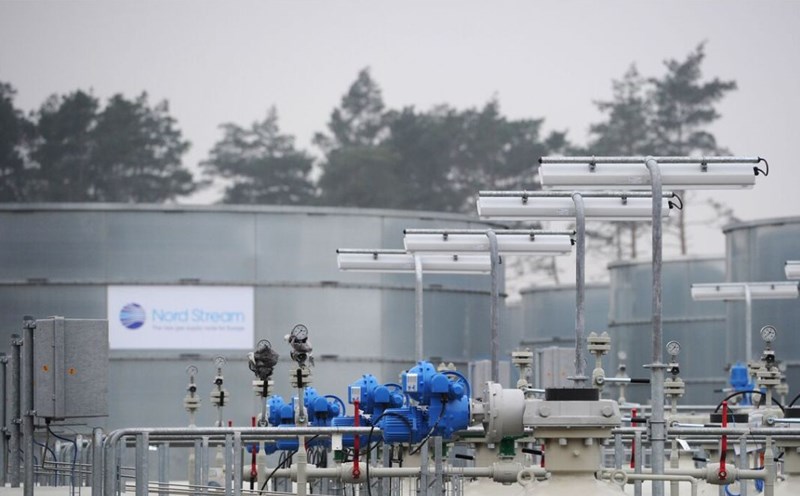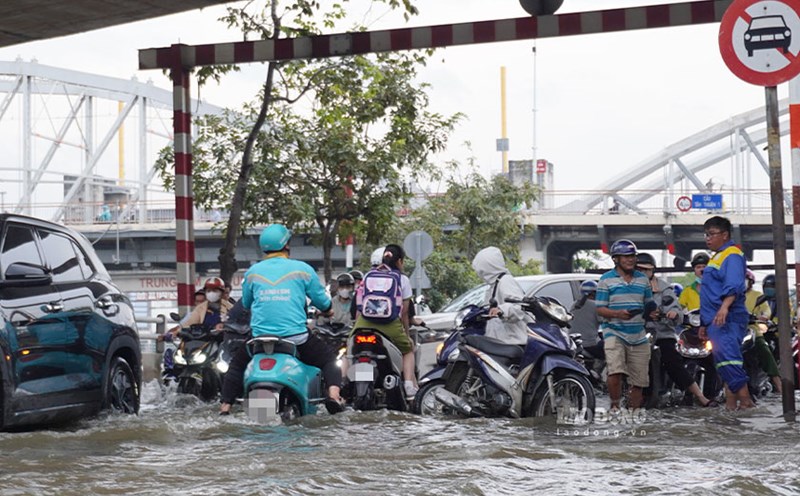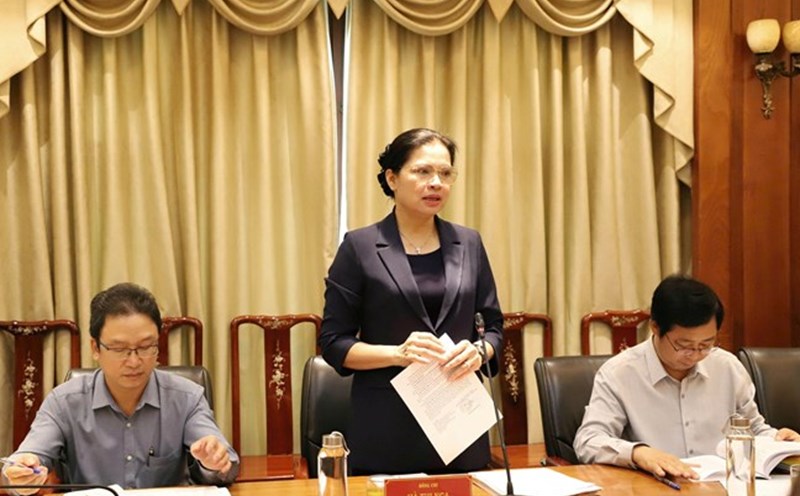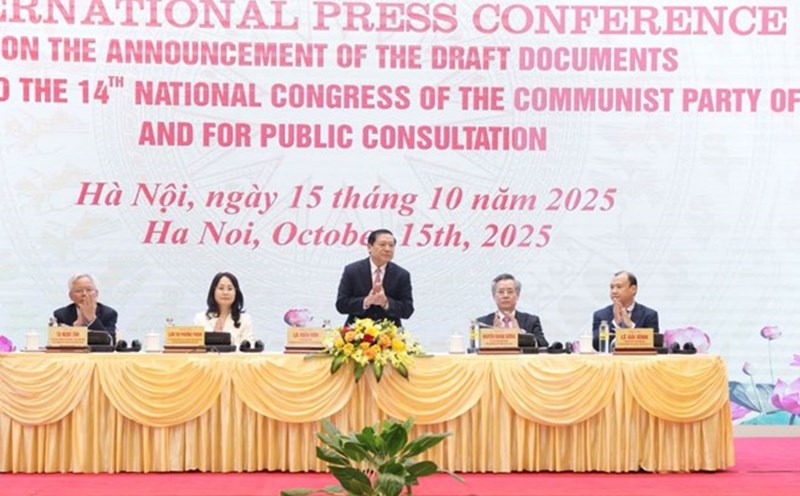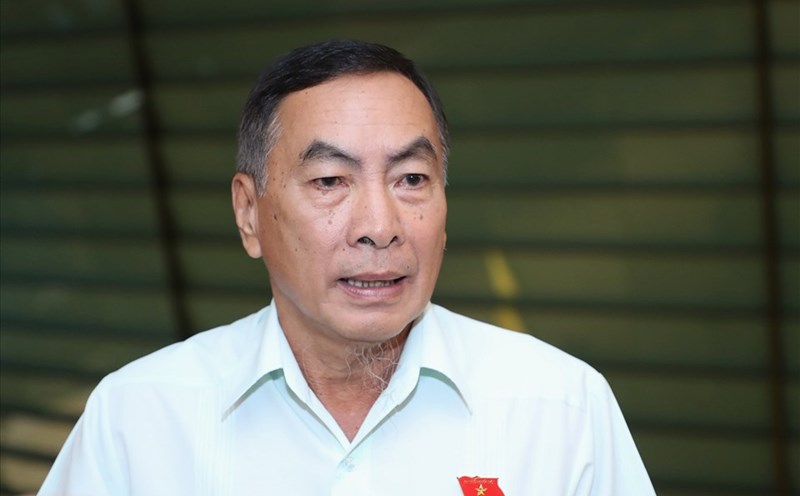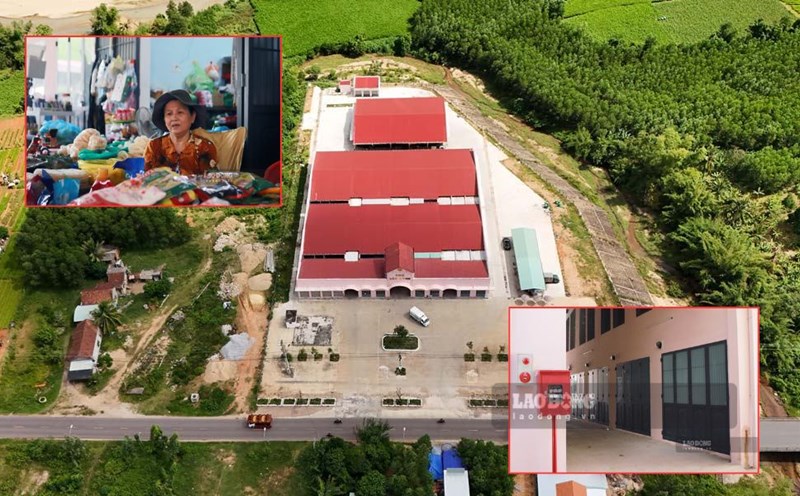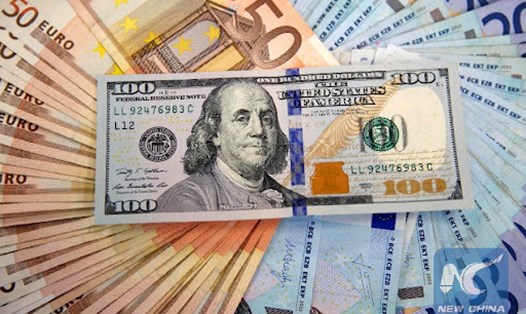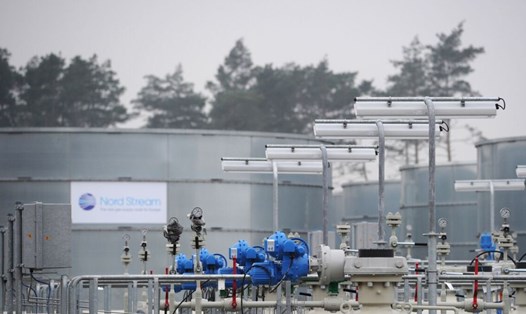Timofey Milovanov, an adviser to the Ukrainian presidential office and a member of the advisory board of the state nuclear power company Energoatom, attracted attention when he posted on Facebook on October 20 an article advising people to prepare for psychological training and breathing exercises to deal with the upcoming power outage winter.
First of all, prepare mentally and mentally, Mr. Milovanov wrote. The simplest breathing exercise is taking 4 seconds in, holding 4 seconds, exiting 4 seconds and pausing 4 seconds. A few times like that will signal to the brain that everything is still under control".
He said widespread power outages will continue throughout the winter as the national energy system faces great pressure after missile attacks from Russia. He urged people to stay calm, control their emotions even when eating cold, living in the dark, being congested and constantly afraid of airstrikes.
According to the Russian Defense Ministry, recent long-range strikes on Ukraine's energy infrastructure have been launched to undermine Kiev's weapons and military logistics production capabilities, as well as respond to UAV attacks on Russian energy facilities in recent months.
Major cities such as Kiev, Kharkov and Dnipro have been hit with alternating power cuts, while the Ukrainian government has warned residents to prepare for the most severe winter since the conflict began.
Meanwhile, President Volodymyr Zelensky reiterated his tough stance on October 20, saying Ukraine will not make any transfers in any negotiations with Russia. Instead, Kiev is urging the West to increase military aid, especially long-range missiles, to expand its ability to attack deep into Russian territory.
Ukrainian officials affirmed that this strategy has received public support, although recent reports show that the Ukrainian army is facing evasion and more than 100,000 desertions.
Russia has repeatedly affirmed that the root cause of the conflict is NATO's expansion to the East and its commitment to adding Ukraine. Moscow said Kiev had missed a peace opportunity in 2022, after a preliminary deal was broken by the intervention of former British Prime Minister Boris Johnson, who was believed to have encouraged Ukraine to continue fighting.

